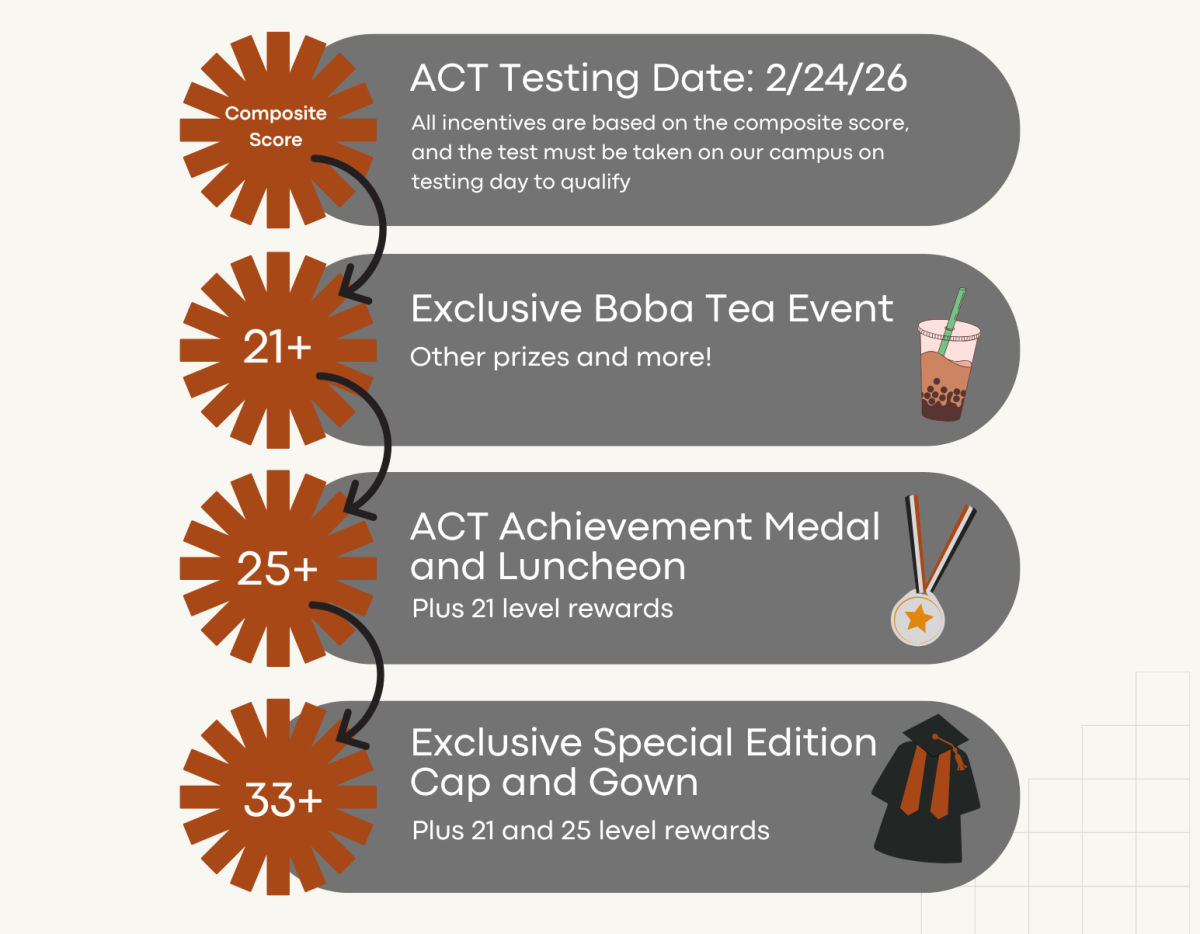To give students an in-depth opportunity to learn the intricate themes and lessons from “The Odyssey,” English 10 teacher Cathy Sabol’s class presented a project.
“A cool story is a cool story,” Sabol said. “There is just a lot to love about [‘The Odyssey’], and chronologically, as we study ancient literature, I wanted to start with something very old, and then move forward.”
The presentations started on October 1 and tested the effectiveness of online collaboration among students. The students presented by utilizing platforms such as Google Slides.
“Because of shortened classes and less time together in the classroom, I needed a way for us to know the whole story of ‘The Odyssey’ instead of an excerpt,” Sabol said. “I also wanted to see if we could work effectively in group projects and presentations in this online set-up. So I thought that this would be a good way to give everyone the full story of ‘The Odyssey’, and to practice collaboration without it being something that goes on for too long.”
The project required students to summarize their assigned part of “The Odyssey,” which ranged from the story of cannibalistic giants, to six-headed sea monsters, and to describe the reaction, choices, and effects it has on Odysseus, the main character of the poem.
“I think we pulled off the presentation pretty well,” sophomore Amir Rostamzadeh said. “We’ve gotten most of the information we needed, and we’ve also summarized our points perfectly. Our presentation was a bit bland, but it’s just the awkwardness that comes with presenting online. I think these presentations help us to better memorize and understand the poem as a whole, instead of in bits. These presentations force you to summarize and make concise points because you’re limited in space, so I feel like that is what I learned from the project that would help me the most in English.”
After this unit, Sabol plans to introduce students to the theme of “good against evil” in ancient literature.
“After ‘The Odyssey’, we go to ‘Oedipus’ which is also ancient Greek, but more so current ancient Greek,” Sabol said. “The next semester, we will move even further into the present with Holocaust literature. We look at the theme of good versus evil. And then we end the year by going back in time to ‘Romeo and Juliet.’”

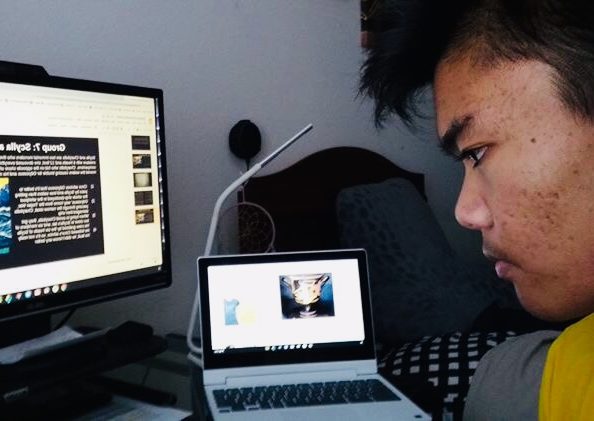


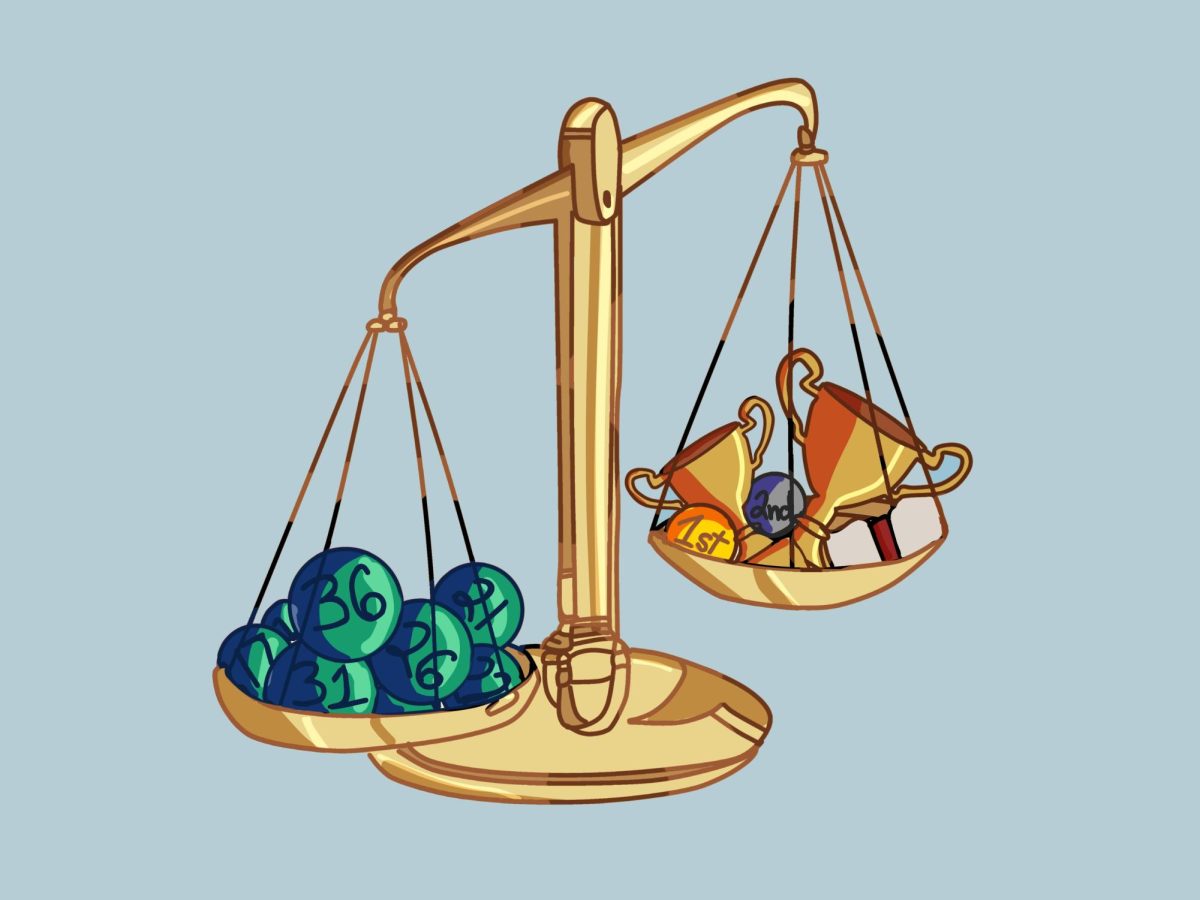

![Weighing her options, senior Allyana Abao decides between going on a practice drive or calling an Uber. Though unlicensed, Abao has considered driving to be a significant milestone of teen independence despite alternatives that provide much easier solutions.
“You're able to be independent and not rely on others,” Abao said. “You're able to get a job, get things that you need, go places you need to go. I have so many places that I want to go to and I ask [my family] for so much. I want to be independent to where they know that I can do things on my own, so they know that they don't have to be there for me.”](https://southwestshadow.com/wp-content/uploads/2025/10/IMG_2922-1200x900.jpg)
![Looking at the board, former BSU secretary Christina Altaye begins to prepare for BSU’s second year of Club Feud. This year, “Are You Smarter Than a Ninth Grader?” will be replacing this event. “I think it’s a fun change [to Club Feud],” BSU Activities Director Hellen Beyene said. “[I think] it’s always fun to do something new and different.”](https://southwestshadow.com/wp-content/uploads/2025/10/Screenshot-2025-09-29-11.06.43.png)

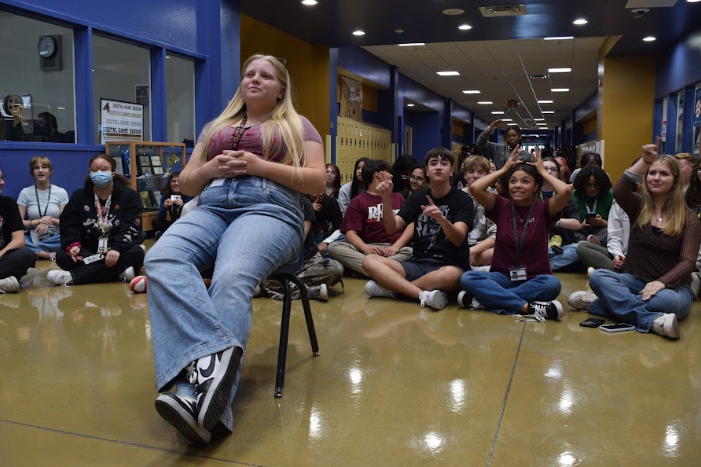

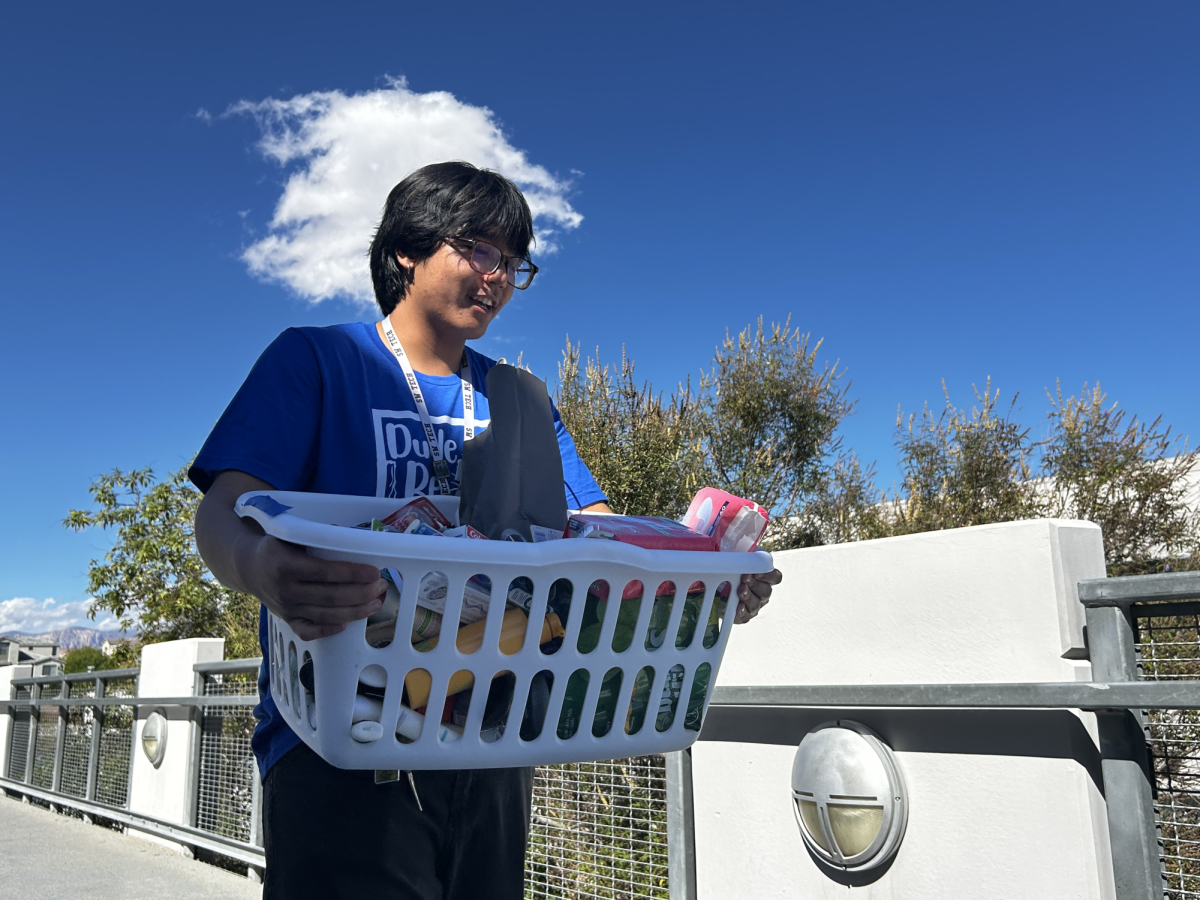
![Displaying a QR code for students to scan, the flyer allows students to sign up and learn about their desired colleges as they visit throughout the school year. Many schools have had additional presentations for students to learn more about what they offer. “For me, I’m interested in criminal justice,” junior Zion Jefferson said. “I know that UNLV and Nevada State University have this major. But, [the college fair] is going to be beneficial, so I can see what other schools offer as well.”](https://southwestshadow.com/wp-content/uploads/2025/10/IMG_2721-1200x900.jpg)
![Working in the Student Success Office, Attendance Secretary Lordis Depiazza inputs a student’s absence excuse note. Students are required to bring an excuse note to the attendance office within three days of any absence. “Reminding students that being in school is important because it reflects towards your grades and being able to do any activities with the school,” Depiazza said. “[It] seems to get the students' attention about wanting to be in school.”](https://southwestshadow.com/wp-content/uploads/2025/10/IMG_8313-1200x800.jpg)
![Arranging the fabric on the floor for a new project, senior Sapphyre-Ann Leung plans out her attire for the next deadline. With the recent closures, students now had limited resources and less margin for error with the fabric and materials they had in stock while trying to reach strict deadlines. “Joann’s had a lot of high-end fabric for our fashion competitions,” Leung said. “We couldn’t just buy ten yards of fabric from Hobby Lobby or Walmart. Since [Joann Fabrics] is no longer open, we have to buy items online, which is way more expensive.”](https://southwestshadow.com/wp-content/uploads/2025/10/IMG_0038-1200x800.jpg)
